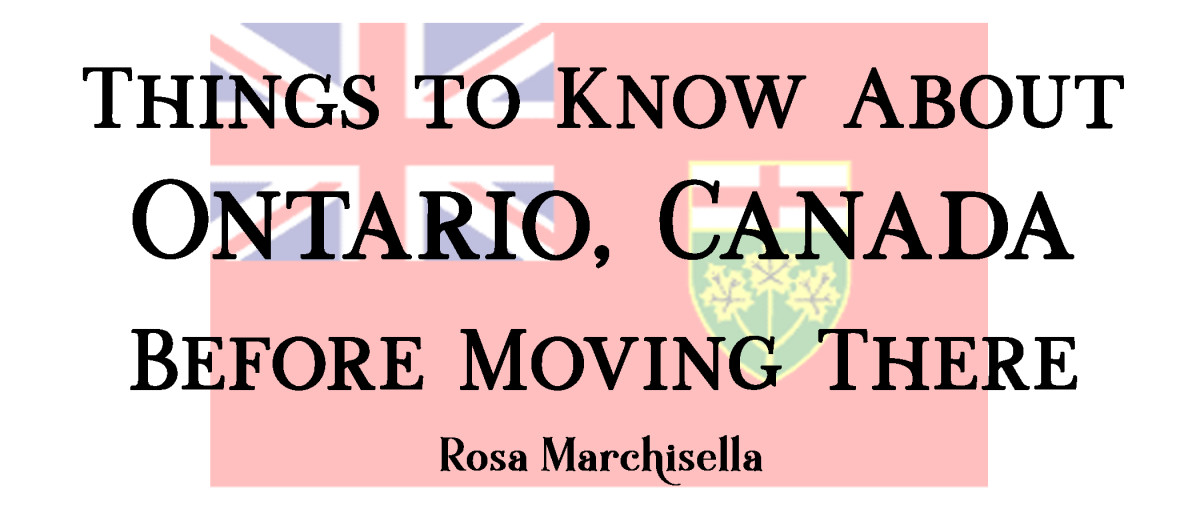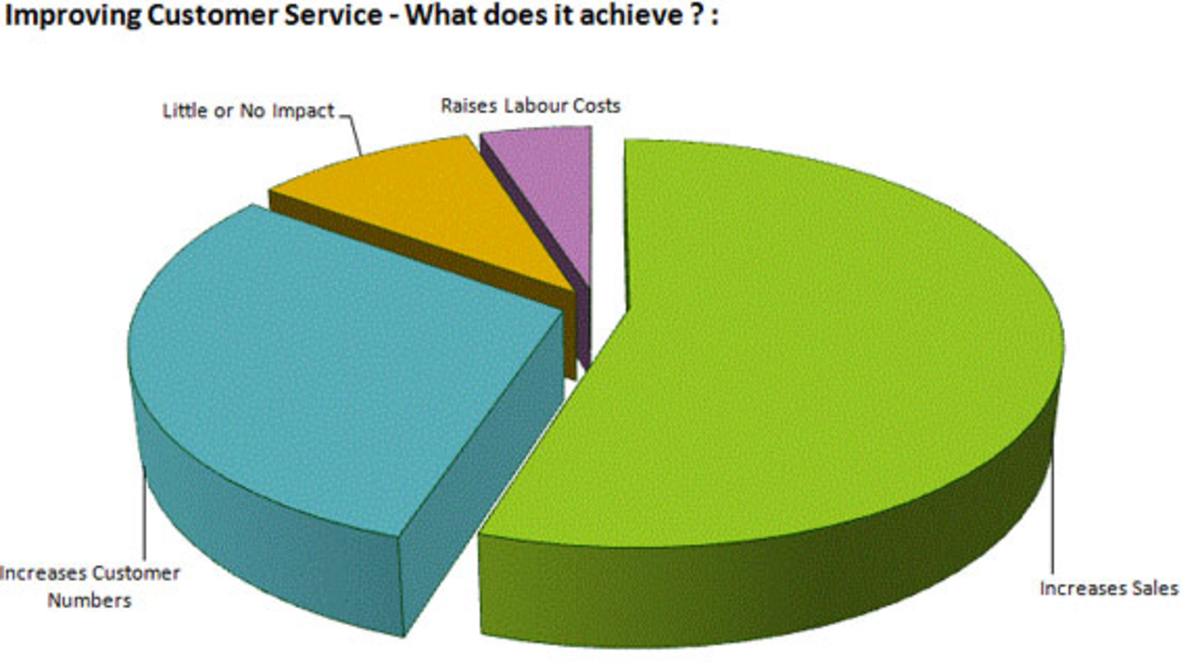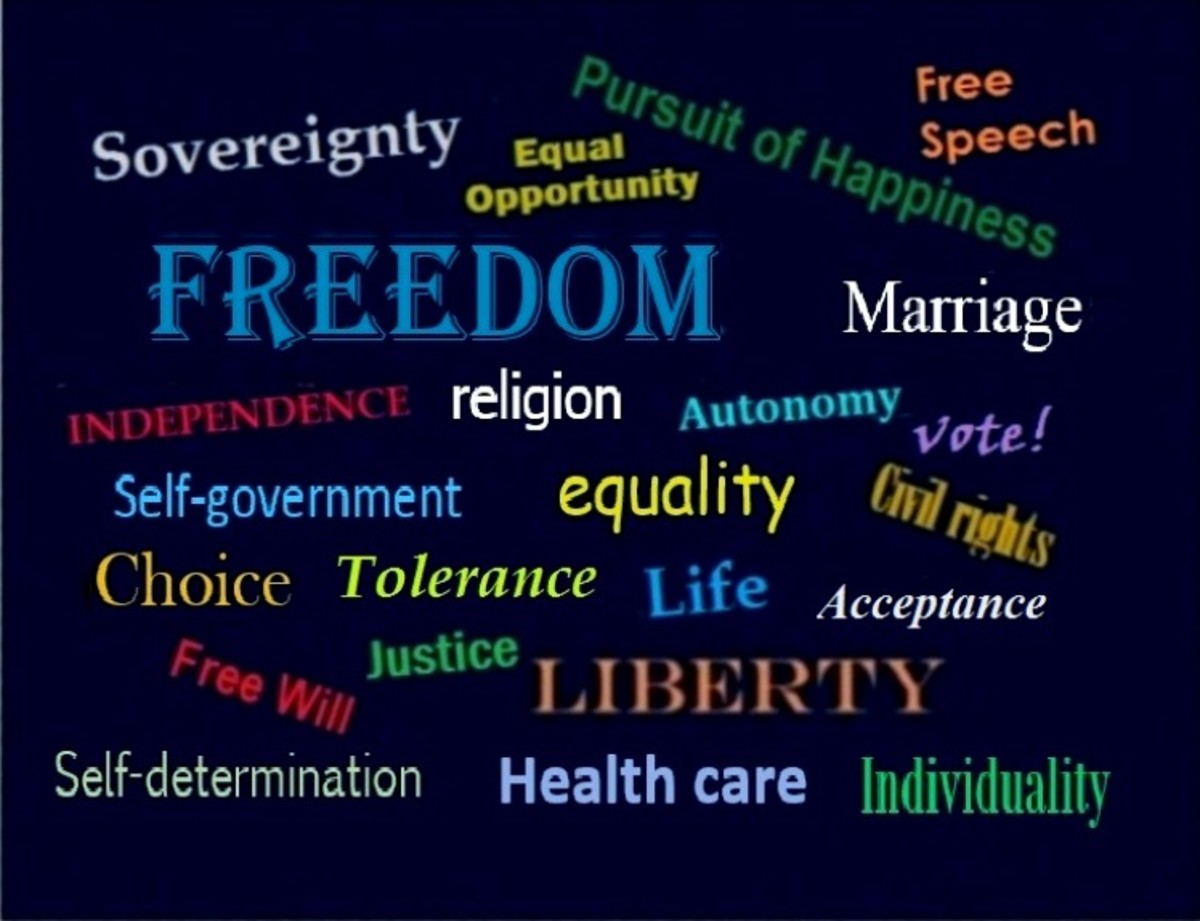Is the Internet a Public Utility?
The Internet has been the subject of much discussion of late but that discussion involves an attempt by the government to bring the Internet under the control of the FCC. While this technology is a method of communication the Internet is not owned by any one individual or one country. The aim is to place the Internet in the category of being a public utility but by the definition provided below it does not qualify. The source of the definition which is provided below is the legal-dictionary.thefreedictionary.com/Public+Utilities.
“A public utility is a business that furnishes an everyday necessity to the public at large. Public utilities provide water, electricity, natural gas, telephone service, and other essentials. Utilities may be publicly or privately owned, but most are operated as private businesses.”
Researching available information from various sources points to an objective which makes sense but the objective is something which already exists. It exists not only in our country but worldwide. Action by the FCC taken in 2010 under the Open Internet Order is all that is needed. The order stated: “to preserve the Internet as an open platform enabling consumer choice, freedom of expression, end-user control, competition, and the freedom to innovate without permission.” An organization called public knowledge.org promotes the openness of the Internet and the public’s access to knowledge; promotes creativity through balanced copyright; and upholds and protects the rights of consumers to use innovative technology lawfully. It promotes the following philosophy which supports the current classification of the Internet as an information service not a telecommunication entity. Their involvement in the following principles is important to the current state of affairs of the Internet are provided below:
- Ensure universal access to affordable and open networks
- Promote creativity through balanced copyright
- Advance government transparency and the public’s access to knowledge
- Uphold and protect consumer rights
- Oppose policies that would slow technology, impede innovation, shrink the public domain, or limit fair use
- Educate the press, the public, and policymakers using plain-language analysis, white papers, blog posts, and videos
- Produce events that provide a forum for policymakers, the public, industry, and the press to exchange ideas about our core issues
We do not need more regulations in a technology which no one owns. It is true there are some restrictions in some countries in other parts of the world but they do not have the freedoms and liberties we have come to enjoy. Regulating public utilities has declined and public policy is now based on the concept that competition rather than regulation is a better way to manage this sector of the economy. Two examples are airline and telephone deregulation.
The term net neutrality is being used as a phrase to support the planned action of the FCC. This phrase or principle “that Internet service providers should enable access to all content and applications equally, regardless of the source, without favoring or blocking particular online services or websites. It is the principle that the company that connects you to the Internet does not get control what you do on the Internet.
The proposed rules by the FCC involving Title II reclassification is assuming that providers individuals and businesses use to access the Internet have the capability to charge what they want for access to the Internet. It is true that Internet Service Providers do charge a fee for access but like other businesses they deserve a profit for the service they provide just like other service providers. The problem with this perception ignores the fact there are multiple providers across the country and if we are unhappy with one provider we can change to another. Competition is the key for this sector of our economy. Businesses who rely on customers and if those customers become unsatisfied they go to competitors if they exist for the service they want. In this case there are multiple providers who provide the mechanism to access the Internet.
One thing about having the government involved with the Internet it would give control to determine if a service provider was violating the rules or regulations which could keep changing. Regulations and rules are constantly being created and/or changed causing businesses to make changes in their operations if they apply to them. As I stated before the Internet is not owned by any one individual or any one country and as such our government does not have the legal authority to enact such rules and/or regulations. In all of this it must be remembered that there are websites which originate from other countries and could impact the information we see and these websites cannot be required to follow our rules and regulations.
The current proposal by the FCC follows another one which received significant public outcry from the public, policymakers and the media. Fear tactics again are at work to convince the public the government needs to be involved with the Internet and the service providers. In a lawsuit involving Verizon the DC district court struck down the previous FCC's rules as being built on a flawed legal foundation. The Internet is an information service not a telecommunication service which would fall under the responsibility of the FCC if it is successful in identifying the Internet as a telecommunication service. We as consumers search for information on the Internet and information which is the primary objective for its existence.
In all this focus by the FCC the premise is to protect free speech but free speech is a right we have in the Constitution. The FCC is pushing the concept that the classification of the Internet as an information source is outdated, it is not. This commission is constantly changing the rules or classifications of various segments of society over which they have jurisdiction to inflict more government control. We do not need more expansion of government control in our daily lives we need less. Businesses and individuals are increasingly being subjected to government regulations which in some cases cost more money. Making a change to the classification of the Internet would only apply to the United States not foreign countries. This would create a situation of disconnect with the philosophy the rest of the world perceive the Internet to be.
The Internet has grown as a giant information system not only for businesses to provide information regarding their products and services but also to consumers to learn new things. Access to the Internet is a huge benefit to individuals across the world and letting government, specifically the FCC take control of something for which they currently have no authority is wrong. Many examples can be cited where government involvement has not reaped the benefits originally intended. Government cannot manage what it does now and adding something as important as the Internet under government control/scrutiny should be fought by us as individuals and by those elected to Congress.
Some individuals or organizations say there is no guarantee the Internet and access to it will stay will stay as open as it is today. In response I must say that there are no guarantees in anything. The current mismanagement by government in our daily lives needs to be reduced not increased. The critically of the Internet should not be tampered with by our government. Competition is the key to an open Internet not government regulation/control. The current philosophy of government and some organizations is to use fear tactics for individuals and businesses to accept the actions they want to take. What they want to do is impose their philosophy of control affecting everything we do on a daily basis. Using fear tactics by any individual, business or government is wrong. What really is involved is the lack of their true objective by not presenting complete and actual facts. Truth is always the right approach not fear tactics. Fear tactics is promoting something which might happen not that it will. There are enough laws on the books to protect our freedoms including free speech we do not need more regulations or reclassification by the FCC to impact a critical segment of our country (the Internet). This current proposed classification change is unjustified as supported by the information in this article.








